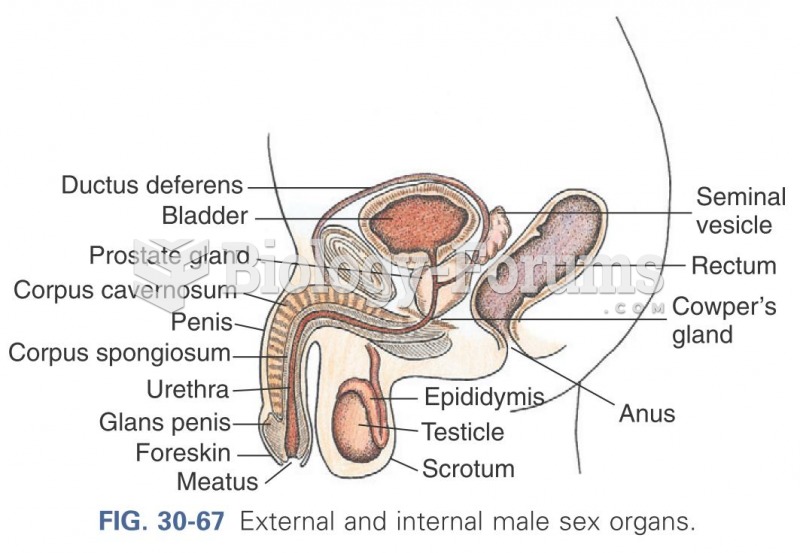Answer to Question 1
ANS: A
A variety of routes of administration are used to deliver analgesics. A principle of pain management is to use the oral route of administration whenever feasible. All of the first-line analgesics used to manage pain are available in short-acting and long-acting formulations. For patients who have continuous pain, a long-acting analgesic, such as modified-release oral morphine, oxycodone, or hydromorphone, or transdermal fentanyl, is used to treat the persistent baseline pain. A fast-onset, short-acting analgesic (usually the same drug as the long-acting) is used to treat breakthrough pain if it occurs. When the oral route is not possible, such as in patients who cannot swallow or are NPO or nauseated, other routes of administration are used, including intravenous (IV), subcutaneous, transdermal, and rectal. Norco, Benadryl, Phenergan, and Tylenol are not appropriate solo choices for acute pancreatitis with pain reported as 10/10.
Answer to Question 2
ANS: A
Pain triggers a number of physiologic stress responses in the human body. Unrelieved pain can prolong the stress response and produce a cascade of harmful effects in all body systems. The stress response causes the endocrine system to release excessive amounts of hormones, such as cortisol, catecholamines, and glucagon. Insulin and testosterone levels decrease. Increased endocrine activity in turn initiates a number of metabolic processes, in particular, accelerated carbohydrate, protein, and fat destruction, which can result in weight loss, tachycardia, increased respiratory rate, shock, and even death. The immune system is also affected by pain as demonstrated by research showing a link between unrelieved pain and a higher incidence of nosocomial infections and increased tumor growth. Large tidal volumes are not associated with pain while decreased lung capacity is associated with unrelieved pain. Decreased tumor growth and longevity are not associated with unrelieved pain. Decreased carbohydrate, protein, and fat are not associated with pain or stress response.






